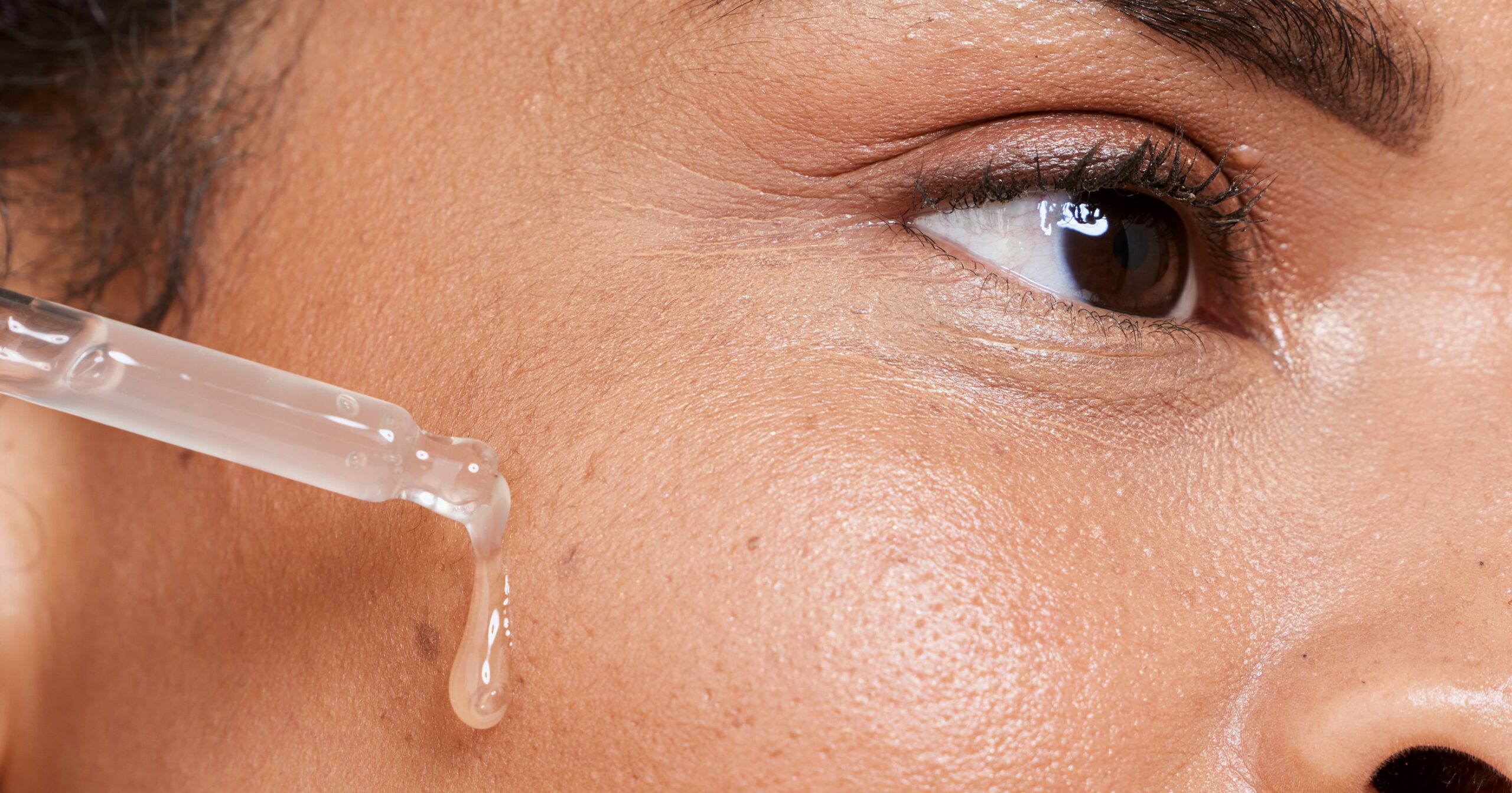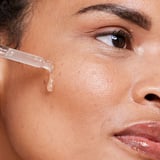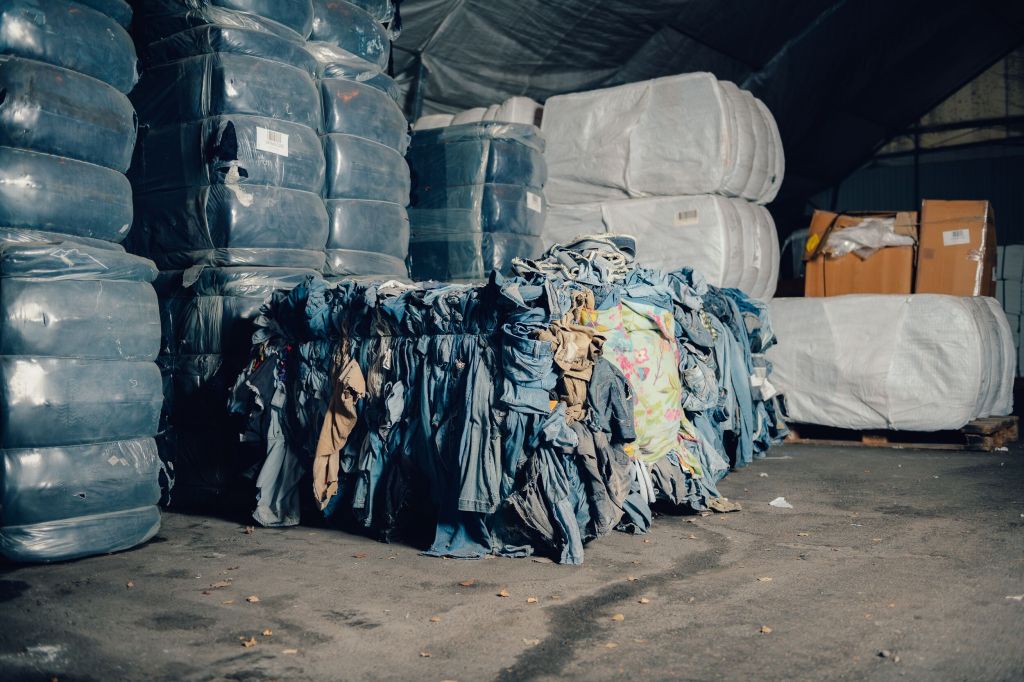The beauty business is full of misinformation and hollow claims, which makes it hard to determine what’s what. A positive side effect of social media is it has granted many people access to industry pros, bringing 24/7 expert advice to the tips of your fingers. But for every TikTok-famous board-certified doctor clearing things up on the app, there are likely 10 more people giving downright incorrect information.
For example, every few decades a rumor circulates that hemorrhoid cream is a good solution for undereye bags, and don’t even get us started on the old wives’ tale that you should put toothpaste on your pimples. Another claim you might have heard is that oily skin ages better than dry skin, but is it true?
Skin types are broken up into five main categories: normal, oily, dry, combination, and sensitive. Each has distinctive characteristics – oily skin is often prone to breakouts while dry skin has trouble retaining moisture, frequently leading to discomfort and flakiness. Determining what your skin type is can be beneficial in a myriad of ways, from finding the right skin-care routine to knowing what products to try and what to skip. But does your skin type make you more or less susceptible to fine lines, wrinkles, and other signs of premature aging?
Keep reading to learn whether this is fact or fiction from three dermatologists.
Behind the Claim
“Some people may find that oily skin ages better than dry skin, as the natural oils help to nourish the skin and keep the skin looking healthy, plumper, dewy, and refreshed,” Marisa Garshick, MD, FAAD, a New York City-based dermatologist and TruSkin brand partner, tells POPSUGAR. On the other hand, Kiran Mian, MD, FAAD, a board-certified medical and aesthetic dermatologist at Hudson Dermatology & Laser Surgery, says, “In dry skin, fine lines, wrinkles, and even demarcation between skin cells is more apparent.”
Much of this claim is based on appearances. “Dry skin is less forgiving,” says Dr. Mian. Meanwhile, oily skin also has a tendency to look glowy and more naturally radiant, which can camouflage other skin imperfections. There have also been studies to back this up.
Let’s get a little nerdy for a second and really break down why this is. When referring to dry skin types, “Research, including insights from Tagami (2008) and Makrantonaki and Zouboulis (2007), suggests that a dry environment can contribute to epidermal hyperplasia, inflammation, and an accelerated aging process. The underlying mechanism is tied to the vital role of stratum corneum (which is the top layer of the skin) hydration in maintaining optimal skin function and a supple appearance,” says Ali Shahbaz, MD, FRCPC, a board-certified dermatologist at Westlake Dermatology in Austin, TX.
In contrast, oily skin contains higher levels of natural lipids. “The increased presence of these lipids aids in the formation of a protective barrier, preventing water loss and sustaining skin functions,” says Dr. Shahbaz. “This protective barrier helps mitigate the development of wrinkles, laxity, and roughness often associated with drier skin conditions.”
That said, the doctors all emphasize that this doesn’t mean you’re doomed to age faster or more overtly if you have a dry skin type, and there are many things within your control that are bigger contributors. “Aging of skin in actuality is due to UV damage and oxidative damage, leading to denaturation of collagen, the appearance of sun spots and unwanted pigmentation, as well as redness over time,” says Dr. Mian. “Those manifestations of aging are not related to oily versus dry skin. It’s the appearance of fine lines in dry skin that can cause it to look older.”
If you have dry skin and are concerned about premature aging, there are a few things to keep in mind.
Aging Tips For Dry Skin Types
If you haven’t already gathered from the above information, hydration is important. It’s normal for the skin to become drier as you age. Cellular turnover slows and your epidermis loses the ability to hold moisture as well, in addition to producing less of its own oils.
To start, you should use a gentle, hydrating cleanser to avoid stripping the skin. Then, consider adding a serum, face mist, and a good moisturizer into your routine. “It is important to remember to moisturize the skin to help boost hydration, as well as to help protect and support the skin barrier,” says Dr. Garshick. “Using thicker, moisturizing creams and ointments are often preferred compared to lightweight lotions as these help to lock moisture in.”
Hydrating skin-care ingredients to look for include ceramides, hyaluronic acid, panthenol, glycerin, and peptides. “It is important to avoid harsh soaps and abrasive scrubs, which can disrupt the skin barrier, leading to further moisture loss and skin irritation,” says Garshick. That said, exfoliation is still an important part of a balanced skin-care regimen.
Dr. Mian recommends a “gentle chemical exfoliant once a week to remove dead skin cells and help other skin care penetrate more effectively.” If you’re unable to tolerate stronger ingredients like retinoids, alpha hydroxy acids, and beta hydroxy acids, consider trying bakuchiol, a plant-based alternative that’s considered to be more moderate.



